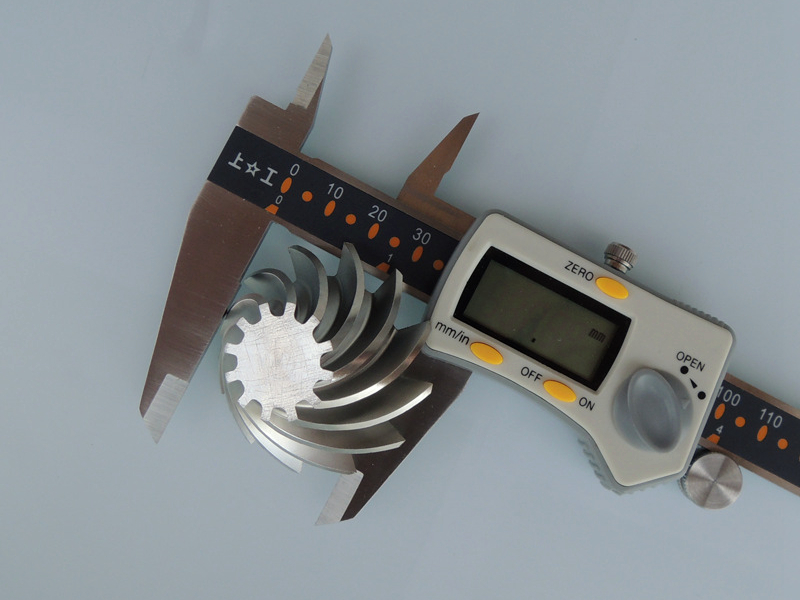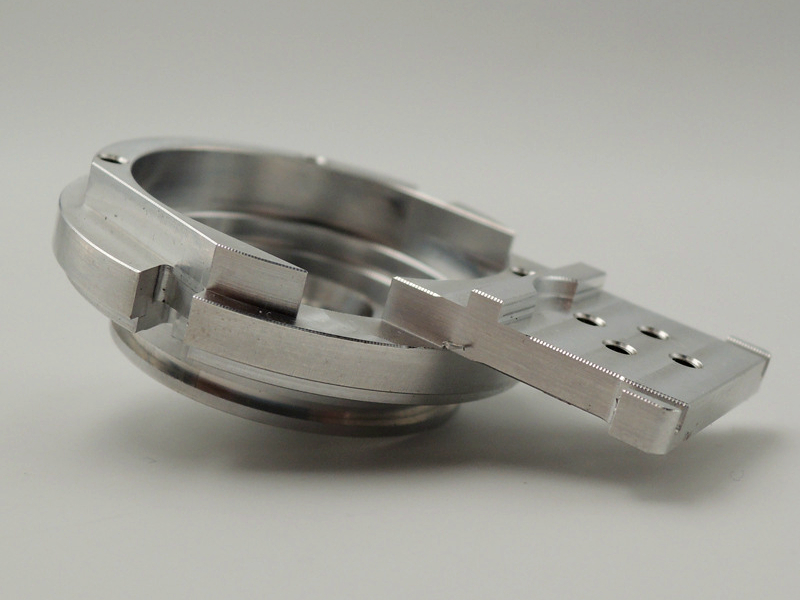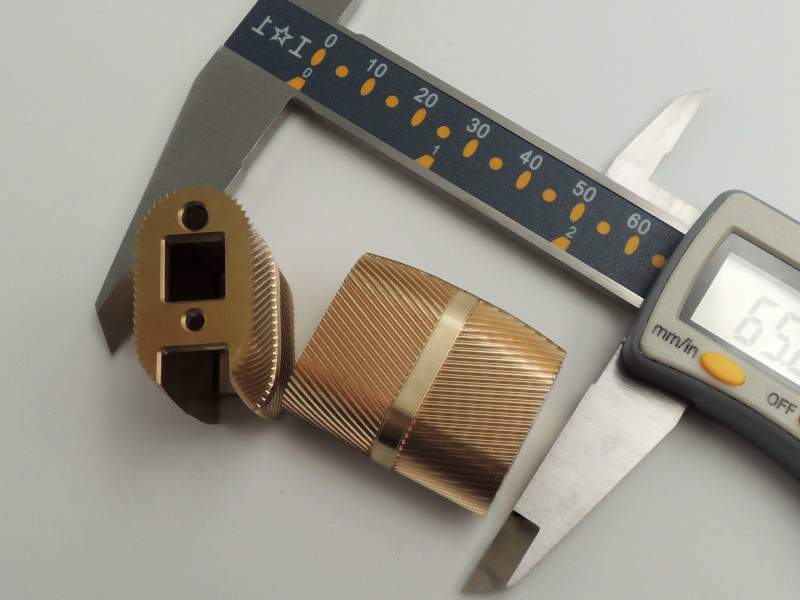Can I request a tolerance review or optimization during the quoting process?
Can I Request a Tolerance Review or Optimization During the Quoting Process?
Early DFM Support Saves Time and Cost
Yes, at Neway, we encourage tolerance review and optimization requests during the quoting stage. Our engineering team performs early-stage Design for Manufacturability (DFM) analysis, particularly when part drawings specify tight tolerances below ±0.01 mm. This allows us to suggest which dimensions truly require critical precision and where tolerances can be relaxed without compromising function or assembly integrity. For example, in recent medical-grade titanium CNC projects, our DFM feedback reduced the number of critical dimensions by 35%, lowering both machining complexity and lead time.
How the Tolerance Optimization Process Works
Once you submit a 2D/3D drawing and specifications, our quoting engineers evaluate all dimensional tolerances alongside material type and surface finish requirements. If tolerances tighter than ±0.01 mm appear on non-critical features such as cosmetic surfaces or non-mating geometries, we flag them for discussion. In cases where the customer accepts optimization, we update the quotation based on reduced cycle time, simplified QA processes, and fewer setups.
Benefits of Tolerance Optimization
Reviewing tolerances during quoting not only accelerates production but also ensures cost-efficiency and machinability. In one aerospace aluminum case, optimization allowed us to switch from precision grinding to 5-axis milling, improving throughput by 22% without affecting airframe assembly fit.



